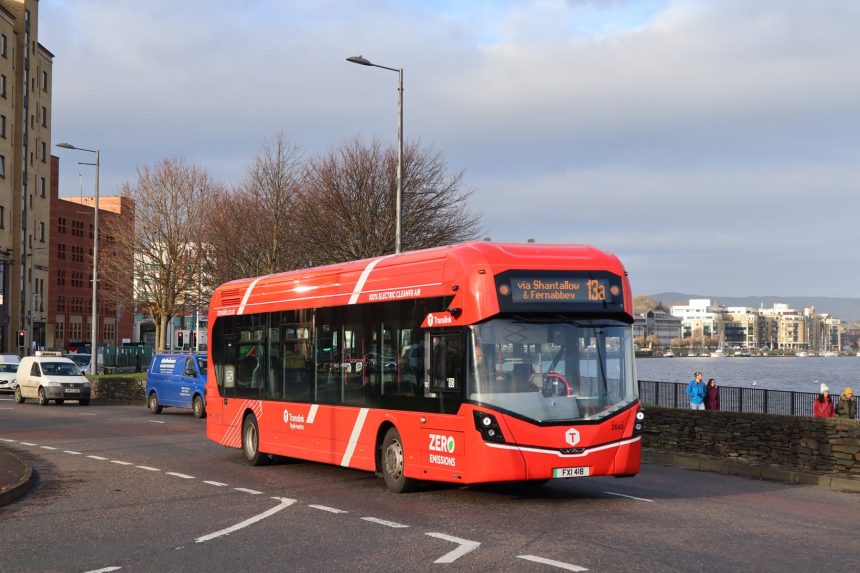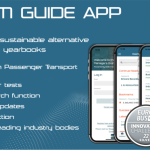The start of 2023 brought much anticipation about key moves from government around zero-emission coach and bus policy. While progress has been made, notable expectations have not come to fruition, to the disappointment of many in the sector.
Spring brought a significant, but under the radar, development in the way that grid updates are paid for. Implementation of the Ofgem Access Significant Code Review socialised the costs of significant upgrades, meaning that depot grid connections have the potential to become more affordable.
While welcome, the change is dwarfed by long lead times to secure a grid connection – a challenge that some operators are already struggling with, and one that is only likely to worsen.
Towards the end of 2022, significant global influences, which were not expected to subside quickly, threatened the market. Inflationary pressures and supply chain squeezes caused by international developments such as the war in Ukraine have continued to put pressure on the sector throughout the year.
Despite that, deployment of zero-emission buses has seen impressive growth. At the time of writing, Zemo Partnership estimates that they have accounted for around 65% of new bus registrations in 2023 (over 950 zero-emission bus registrations year-to-date).
That marks a significant increase in uptake over 2022 (up by 48%), driven by deliveries through existing grant funding schemes. Zemo estimates that zero-emission buses account for 7% of the total UK fleet.
Further grant funding has continued to come, much to the relief of operators and manufacturers. The Zero Emission Bus Regional Areas second phase was announced over the summer for local authorities in England, supported by £129 million of funding – £25 million of which was initially ringfenced for rural areas.
Meanwhile, in Scotland, phase two of the Scottish Zero Emission Bus challenge fund, backed by £58 million, opened to applications with a focus on leveraging private finance to support the transition beyond what is expected to be the final Transport Scotland grand funding scheme of its type.
Despite positive news, the industry has been left disappointed by the lack of much-anticipated wider reform. A consultation held last year on the end date for sales of new non-zero-emission buses was expected to bear fruit in 2023, with a date to be set. Unfortunately, nothing has been forthcoming, and nor does it seem likely to be any time soon.
The long-promised consultation on reform of BSOG in England, first outlined in the National Bus Strategy in 2021, has not seen the light of day either, which has cemented long-term uncertainty in the sector.
In recent times, steadying the industry has taken priority, most notably via the extension of the capped £2 fare and introduction of BSOG Plus, both in England, over the summer.
The delay in long-term reform has also been hampered by recent government reshuffles that in November produced a new minister responsible for coach and bus. While major reform has not been forthcoming, there was some light relief with the recent announcement of a call for evidence on zero-emission coach and HGV infrastructure – something that the sector has repeatedly called for action on.
Yes, 2023 may not have been the year it promised to be. Nevertheless, there have been some notable positives that can be taken forward in the new year.
With long-term reform in the offing, decarbonisation of the sector continuing to accelerate, and a general election on the horizon, these certainly remain intriguing times for coach and bus.
Merry Christmas and a happy new year from the Zemo Partnership team.



























